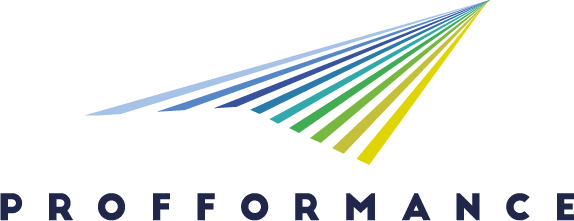LASOT in FLT
Innovating foreign language teaching and testing practices with the use of learning and assessment online tools
- 02 - Arts and humanities
2. Innovative teaching and learning
- Student partnerships/engagement in the teaching and learning practice
- Differentiated instruction - promoting diversity of materials and learning styles
- Innovative online and blended learning methods, engaging and participative hybrid learning organization
- Innovative methodology to keeping motivation and attention during online lectures
Foreign language learning has been recognised as a priority at Singidunum University, and much effort has been invested in creating a learning environment that encourages students' active participation and language skills development. The COVID-19 crisis and switching to an online teaching environment additionally spurred foreign language teachers to improve the quality of teaching. The existing teaching practices were reexamined and various learning and (game-based) assessment tools were incorporated in classes, with the aim to motivate students to be actively engaged, to help the teachers monitor students’ progress, and to guide the teachers to organise teaching according to the students’ needs and the level of achievement. The use of modern technologies was carefully planned and implemented, with clearly defined pedagogical implications and rationale. On the one hand, the use of interactive games, learning apps, and (game-based) assessment online tools aimed at motivating students, encouraging them to actively participate, develop language skills and construct knowledge. These tools allowed all students to participate equally in all the activities, which provided a fair and open learning community for every student. On the other hand, the reports obtained from these tools provided good resources for continuous assessment and allowed the teachers to monitor students' progress. The results obtained through these apps also helped the teachers evaluate their teaching practices, self-assess their work, and, consequently, adapt teaching strategies, methods, and material to suit their students' needs and achievements. The main activities included the use of Viber for developing writing skills as a part of extracurricular activities, the use of WordUp for vocabulary enhancement, the use of game-based tools for assessment, such as Quizizz and Kahoot for practicing and formative assessment of grammar, vocabulary, and reading skills, the use of Microsoft Office apps for all language skills development. The outcomes of this systematic approach are as follows: improved attendance, enhanced students’ motivation (evident in their participation in the activities obtained from various reports), higher students’ satisfaction (results obtained from questionnaires), students’ participation in extracurricular language-related tasks, improved exam scores, results obtained from focus groups, several research papers written by the teachers reporting on these results.
Methodology
Tools, equipment, technology used
Outcomes and outputs, main results
Lessons learnt
Adaptability and sustainability of the best practice (for other institutions)
Promotion of best practice
Scope and impact
- Course/department level
- Faculty level
6.1 Digitalization
- Outstanding, innovative, excellent practices of online / blended / hybrid learning
- Innovative, novel methodology in using digital tools/devices in teaching
- Digital skills development and assessment both general and profession-related, embedded in course design, in teaching and assessment
- Novel digital solutions (tools, frameworks, devices, tasks to enhance efficiency and motivation)
Reasoning: Planned use of online learning tools and apps in foreign language classes enhanced both the teachers’ and students’ digital competences. The use of modern technologies became an integral part of our lesson planning, teaching and learning practices, and students' continuous assessment. Teachers and students became more confident users of modern technologies, and more aware of the possibilities they offer.
6.2 Internationalization
- Developing students' multicultural awareness
Reasoning: The methods and results obtained from the use of certain learning apps and tools have been published in some international journals, and also in national journals in both English and Serbian languages. Members of our team also presented these results at international conferences in Serbia and Bosnia and Herzegovina. One of these practices was also shared at the Regional English Language Office conference, attended by over 600 foreign language teachers from the whole world.
6.3 Inclusion and diversity, universal design
- Universally designed teaching material - adjustable for special needs
- Innovative teaching methodology for inclusion and meet diverse student needs
- (Innovative) use of devices and tools for inclusion
Reasoning: The use of online learning and assessment tools provided active participation of all students. Students with some impairment could equally participate in these activities - at their own pace, getting feedback any time they did something. It proved to be very motivating and encouraging for them. Introvert students also benefitted from these activities because they could work on their own in some tasks and cooperate with other students in smaller groups, and, thus, improve their social skills.
6.4 Sustainability
- Teaching material contains profession related sustainability aspects
- Extra-curricular student activities for sustainability
Reasoning: These practices were reexamined in the hybrid teaching environment at the beginning of the academic year 2021/2022. Their systematic introduction in teaching had a lasting effect on teachers’ attitudes towards digitalisation, cooperation, and self-evaluation. Now, teachers successfully combine online tools with in-person teaching techniques, allowing all students to be active learners. These practices also proved to be sustainable in terms of formative assessment and extracurricular activities.
3.3 Public contact datas
| Name | Email address | Website |
|---|---|---|
| Valentina Gavranovic | studije@singidunum.ac.rs | https://singidunum.ac.rs/ |

